About New Vision at Coosa Valley Medical Center
New Vision at Coosa Valley Medical Center offers a wide variety of rehabilitation services for patients of all ages. These services include dual diagnosis treatment, cognitive behavioral therapy, experiential therapy, group therapy, individual therapy, recreational therapy, and trauma therapy. With a staff of highly trained and experienced professionals, New Vision is dedicated to providing each patient with the individualized care and attention they need to recover from their injuries or illnesses and regain their independence.
Addiction Treatment Programs
Dual Diagnosis
A dual diagnosis is when you have a mental health diagnosis along with a substance use disorder. Getting integrated rehab in Alabama is essential to long-term recovery. A dual diagnosis program uses evidence-based approaches to help you overcome both your mental health concerns and substance use. This may include mental health medication, counseling, and more.
Adult Program
Adulting can be hard. When you choose an adult program in Alabama, you get the support you need in overcoming addiction and building a successful life. An adult program gives you the skills you need to overcome addiction and address the unique challenges of managing your work, relating to your family, raising children, and balancing a variety of other responsibilities
Men's Rehab
Men need unique support, and a men’s rehab in Alabama can help them manage gender-specific concerns while overcoming addiction. A men’s program gives you the skills you need to overcome addiction and address challenges such as family relationships, fatherhood, emotional management, and more.
Women's Rehab
When people join a women’s rehab in Alabama, they are able to tackle gender-specific issues while receiving treatment. A women’s program gives you the skills you need to overcome addiction and address your unique challenges, such as motherhood, building a career, having healthy relationships, and more.
Senior Rehab
Insurance Coverage
Medicaid
How do you pay for rehab in Alabama? If you qualify, a good option is Medicaid. Medicaid covers multiple levels of care, and you may have no out-of-pocket costs. However, you’ll need to choose a treatment center that accepts Medicaid.
Private insurance
One of the easiest ways to pay for rehab in Alabama is to use private insurance. The amount of coverage may vary depending on whether the center is in-network or out-of-network with your insurance plan, as well as other plan details. Check with the insurer for specifics, including out-of-pocket costs.
Self-pay options
Using self-pay to pay for rehab in Alabama means paying the cost out of your own pocket. You might use a check or get a medical loan. Different types of care may have different fee structures.
Medicare
There are many ways to pay for rehab in Alabama, including using Medicare. Coverage may vary depending on whether you have Original Medicare or Medicare Advantage. You may be responsible for certain costs, such as copayments and deductibles.
Military insurance
Military insurance can help pay for some or all of the costs of rehab in Alabama. Different plans have different coverage levels, so be sure to check with your insurance company for details. You may be responsible for certain costs, such as copayments and deductibles.
Financial aid
How do you pay for rehab in Alabama? A good option is to look into financial aid programs. Treatment centers may offer grants or scholarships that make it easier for those who are lower-income to get the care they need. Contact the treatment center you’re interested in for details.
Levels of Care
- 1
Inpatient Rehab
During inpatient treatment in Alabama, each client lives at the facility and is able to focus entirely on recovery. Some of the elements of inpatient treatment include individual and group counseling, skill-building, relapse prevention, and help with essentials like employment and housing.
Therapies
Cognitive Behavior Therapy
In Alabama, cognitive behavioral therapy (CBT) is widely used in addiction treatment. You’ll examine common thought distortions, identify learned negative behaviors, and develop the skills necessary to consciously choose a different reaction to each situation.
Experiential Therapy
Experiential therapy in Alabama gives you tools to process your emotions, helping you improve and change your life. During experiential therapy, you’ll work through activities that will help you work through past experiences and emotions. Afterward, you’ll have the tools you need to address problems and manage triggers in a healthy way.
Group Therapy
Group therapy in Alabama helps clients overcome substance use by providing accountability and support. Group therapy sessions generally last 60 to 90 minutes and may include discussing a specific issue, sharing wins and challenges, education about specific topics, or developing life skills.
Individual Therapy
Attending individual therapy in Alabama is a way to work through your past and develop healthy coping skills, helping you establish long-term recovery. Individual therapy is a normal part of evidence-based treatment programs and may be a part of inpatient treatment, outpatient care, or both. Topics include processing past events that may have contributed to substance use, learning new life skills, and relapse prevention strategies.
Recreational Therapy
Recreational therapy in Alabama allows you to learn to trust others, develop group problem-solving skills, and ask for help. During treatment, the recreational therapist will have specific activities and games that will challenge you, require teamwork, and allow you to build confidence in your ability to succeed.
Trauma Therapy
Many people struggling with addiction in Alabama are dealing with unprocessed trauma. Trauma-informed therapy can help you address what happened and develop healthier coping strategies. Trauma-informed therapy may be part of both inpatient and outpatient substance use treatment and may include peer support, mental health medications, mindfulness, and developing new coping strategies.
Accreditations
Location
Contact New Vision at Coosa Valley Medical Center
Top Drug Rehab Centers in Alabama
-
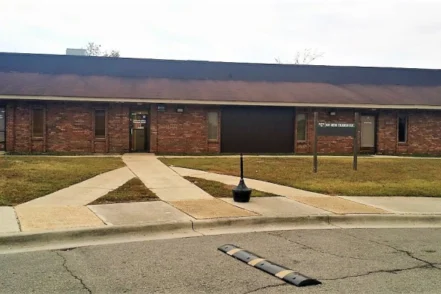 Alabama
AlabamaNew Season Huntsville Metro Treatment Center Huntsville
2227 Drake Ave, Suite 19 Huntsville, Alabama 35805
-
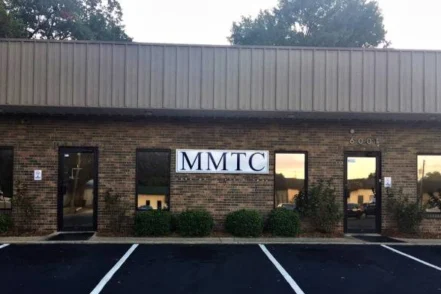 Alabama
AlabamaNew Season Montgomery Metro Treatment Center
6001 East Shirley Lane Montgomery, Alabama 36117
-
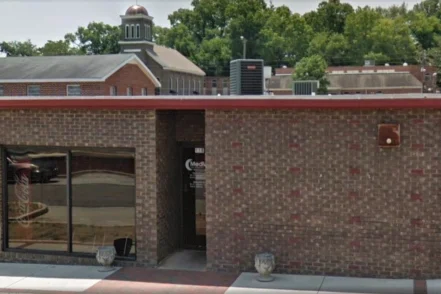 Alabama
AlabamaMedMark Treatment Centers Oxford
118 East Choccolocco Street Oxford, Alabama 36203
-
 Alabama
AlabamaALR Soberlife
1520 2nd Avenue North Bessemer, Alabama 35020
-
 Alabama
AlabamaFamily Life Center Huntsville
715 Wheeler Avenue, Suite C Huntsville, Alabama 35801
-
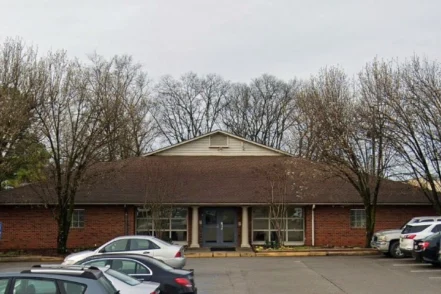 Alabama
AlabamaAletheia House Outpatient Treatment
201 Finley Avenue West Birmingham, Alabama 35204
-
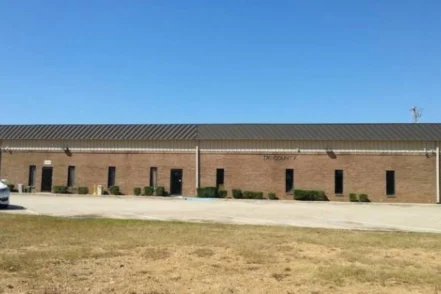 Alabama
AlabamaNew Season Tri County Treatment Center
5605 Clifford Circle Birmingham, Alabama 35210
-
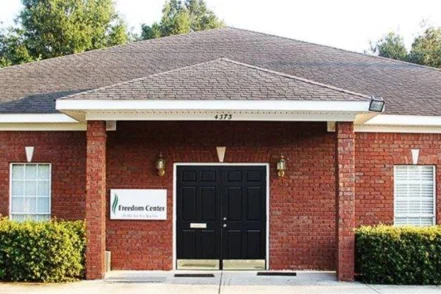 Alabama
AlabamaFreedom Center Mobile
4373 Downtowner Loop South, Suite A Mobile, Alabama 36609
-
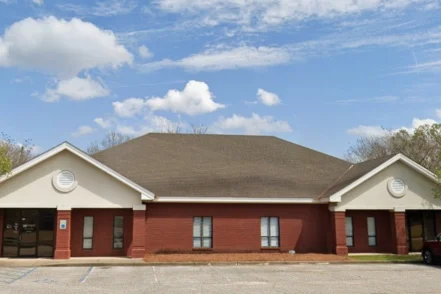 Alabama
AlabamaBradford Health Services Montgomery
386 Saint Lukes Drive Montgomery, Alabama 36117
-
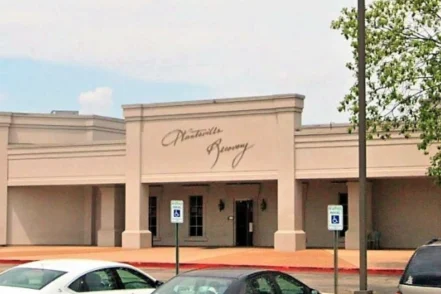 Alabama
AlabamaBHG Huntsville Treatment Center
4040 Independence Drive NorthWest Huntsville, Alabama 35816

